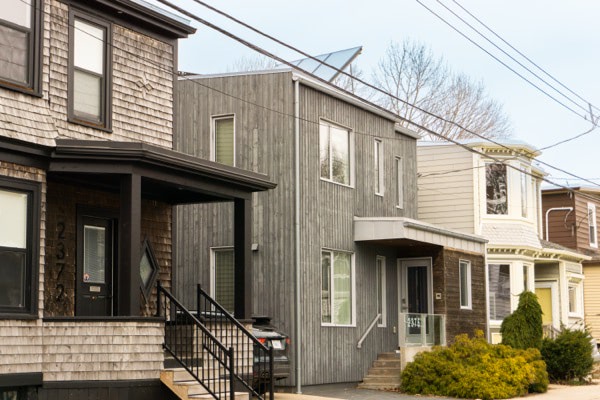How fast can you pay your mortgage off? Can you speed up the process? Here’s what you need to know!

Why was your mortgage not approved? Some common reasons
You got your pre-approval, worked with a mortgage broker and real estate agent, and found the home of your dreams. It’s within your budget and seems like the perfect fit, so you submit your mortgage application… and it gets rejected. Why was your mortgage not approved by your lender? This can be tough news to digest, but it’s helpful to understand why it happened, so you can improve your application for next time. Here are some common reasons home buyers experience mortgage financing rejections, and why they impact your application so heavily!
Human error
A frustrating, but somewhat common, reason you might see that “mortgage not approved” message could be down to an error on your end. Filling in any documents or paperwork incorrectly could cause a lender to reject your application. This could include accidentally skipping required sections of the application, filling in your income or credit score incorrectly, or putting down inaccurate debt level information. The tough part is some lenders will not give you a chance to fix your mistakes, even if you would otherwise be a good candidate for mortgage financing. They may just reject your application and move on to the next borrower whose application is flawless. This may seem unfair, but it’s the reality for many buyers out there today. That’s why it’s extremely important to double check your application before submitting it. You need to make sure it is completed to the very best of your ability. It’s a good idea to have your broker review your application as well, so a fresh set of eyes can ensure everything is correct.
A drop in your credit score
Of course, there are some more serious reasons a person may not be approved for a mortgage. One of these is a drop in your credit score. Assuming you secured a pre-approval, your potential lender will know what your credit score was at that point in time. If you submit your application with a credit score that is much lower than it was before, your lender will want to know why. They might assume this means you will have trouble making mortgage payments on time, and that you are a risky and potentially unreliable borrower. In this case, they might opt to not finance your mortgage. Try to maintain your credit score throughout the mortgage process, or improve upon it. A good score to shoot for is around 650 or higher.
Change in employment
Your income is obviously a huge factor in determining your mortgage approval. Since our income largely relies on our employment, your lender will keep an eye on your employment status. If your job situation recently changed, and your mortgage was not approved, the two are likely linked. If you lose your job, or get a new job with a lower pay, lenders will be more likely to wonder if you can afford to make your mortgage payments. Even if you secure a higher paying job, your lender may worry about your job security during that initial probationary period most positions have. Finally, a person who becomes self-employed will definitely cause a lender to think twice, due to the perceived instability of self-employment compared to traditional jobs. If you can, it’s best to keep your current role while you secure your mortgage to increase your chances of getting that approval.
Debt levels
You should do your best to not add onto your existing debt during the mortgage approval process. Similar to changes in employment, changes in debt levels will make your lender pause. Your pre-approval didn’t consider new debt, and now it must be taken into account. For example, buying a new car means introducing new debt and another financial obligation. Lenders will be more hesitant to approve a mortgage if they know you have recently taken on debt that will eat up a big chunk of your money. They want to be your top priority! Try to pay off debt during this period, or at least maintain your current levels.
As difficult as it can be to learn your mortgage was not approved, you can use this as a chance to improve your application. Odds are good that you can still purchase a home in the future! You just may need to make some tweaks to your situation for your lender’s approval. If you’re not sure where to start on this journey, you can reach out to your mortgage broker for guidance. We can lead you through the process from start to finish, and help you ensure you end up with the mortgage product you deserve.
If you have any questions about your mortgage, get in touch with us at Clinton Wilkins Mortgage Team! You can call us at (902) 482-2770 or contact us here.


